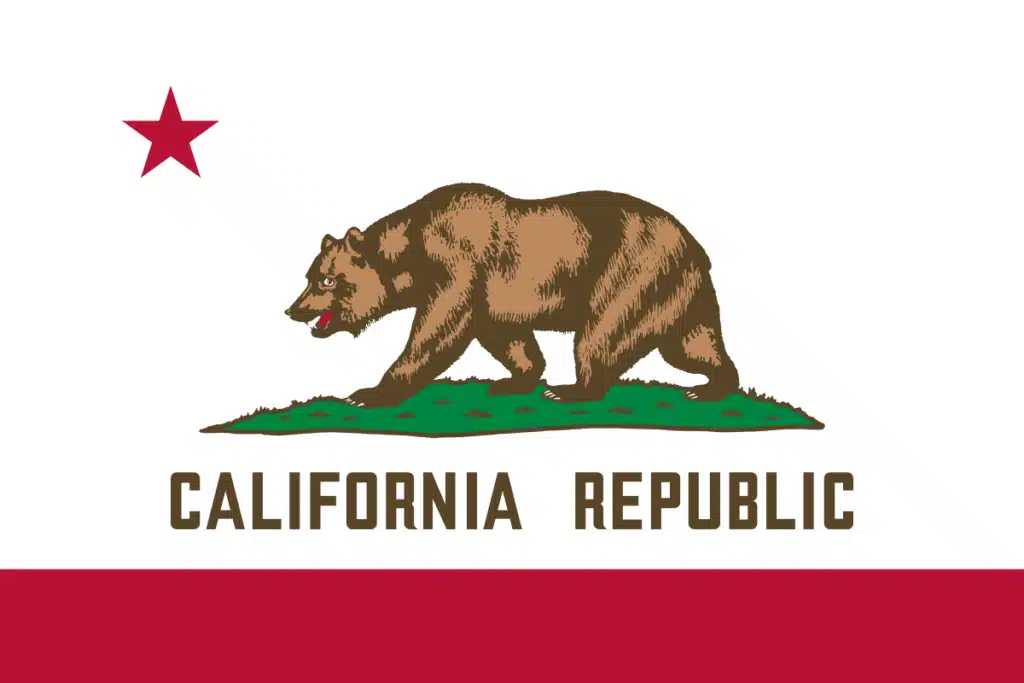
Even Without A Nationwide Red Wave, California GOP Made Big Election Strides
Despite the way the anticipated red wave of Republican election wins hit Florida full-force, but then lost a lot of its strength as votes were tallied in many other regions, there was a surprisingly energized performance by state and federal GOP candidates in one of the bluest of blue states, California.
“Well, nationally things aren’t anywhere near as good as we wanted – but here in California things shifted dramatically,” said Carl DeMaio, chair of the Reform California PAC. “Republicans are in an amazingly-stronger position.
“California may very well be the deciding factor in giving Republicans the House majority — or at least enough seats to have the ability to govern,” he added.”Not only are we breaking even, we are likely to add not just one seat but maybe more.”
It looked likely six incumbent Republicans would retain their House seats after all the midterm ballots were counted, with another three Democrat positions in danger of being flipped. One of those Congressional spots is a redrawn district with portions belonging to retired Rep. Devin Nunes, and which now looks like it will be won by state Assemblyman Kevin Kiley, a staunch conservative and one of the most vocal critics of Gov. Gavin Newsom’s policies.
Other Golden State Republicans on the move are freshman Rep. Michelle Steel in the 45th Congressional District, who flipped a seat in the last election two years ago, and Scott Baugh, who looks to beat out Democrat Katie Porter in the 47th District. Both are in Orange County.
In the state legislature, where Democrats dominate with a supermajority, it looked like Republicans were on track to keep 11 seats and flip three others, DeMaio suggested.
It also appeared Republican candidates won local races throughout the state, including on the county, city and school board levels, where a long list of candidates were backed by Reform California.
Republicans fielded candidates in all statewide elections for the first time since 2010, when a state constitutional amendment
modified the election code to advance the top two candidates in a race, regardless of party.
California has more than 21.8 million registered voters, of which 47 percent are Democratic and 24 percent Republican.
Despite the modest gains they once again had to settle for at the end of the midterm election cycle, Republicans could have taken a much bigger bite out of California’s political pie — and thrown a bigger wrench in the Democratic machine if more people simply made the effort to vote, constitutional law attorney Mark Meuser, this year’s GOP candidate for the U.S. Senate position occupied by Democrat Alex Padilla — who was on track to retaining his seat 58 to 41 percent as of Nov. 10.
“Four years ago, Republicans got destroyed by 33 points statewide. This year we are down only 18 points. That is a massive swing,” Meuser said. “Democrat turnout was extremely bad in the state and if Republicans had turned out like they did four years ago, we would be winning 20 to 25 congressional races and every statewide race.
Meuser pointed to his 2018 run for secretary of state, in which he garnered 4.3 million votes — less than Padilla’s current 3.2 million Senate votes.
“There is a lot of blame that can go around. At the same time, there is a lot of opportunity here in California,” he said.
A lot of blame belongs with the national and state Republican Party, which has virtually no presence in the state and donates no money, DeMaio said.
“It could have been so much better,” DeMaio lamented. “Our California party is a dumpster fire of dysfunction. Imagine what we could do here if we actually had party infrastructure.”
California expanded its election system during the pandemic to require all registered voters to receive mailed ballots. A record 82 percent of eligible voters signed up for the just-completed election, but that number didn’t pan out in the returns.



